In the second verse of the closing track of Super Eagle, Igwe Aka shows why home is a difficult thing to find. ‘Euphoria (Zoom)’ is Igwe’s most personal confession of his childhood, delivered in sedation. He’s weary, the kind that makes you drop your guard and say things you wouldn’t be when energized. Opening up about his immigration process, he’s honest about the effect that going back and forth between homes has had on him. From the elation, “I remember being three/first real memories of mama, and I’m that we finally got to meet,” to despair, “I remember I was six/crying, and I’m hiding in my room cause they trying to take me back next week,” his sanctuary failed to live it up to its name and at the time, so did his trust with its tenants.
In a promo video for the EP, Igwe sits on the porch, stating, “I feel like my whole life, I’ve been working to become good enough to start telling my story.” For years, glimpses of the turmoil become exposed in his music. When that happens, he’ll offset the discomfort with levity. On ‘Big Tony (Anthem),’ where he says, “Imma rock out with my cock out.” On ‘Red,’ he states, “Life been hard, but my dick is harder,” hoping his silly personality distracts you from the shadows that follow him around. Other times, his admissions are random. Even when he’s talking his shit like on ‘M** Jam,’ he raps at the end, “I’m emotional/never had to cope with how a nigga had to grow up,” giving credence to their pervasiveness. He always wanted to expose his trauma as the crutches they are, but only he knew when he’d be ready.
There’s a consistent struggle between admitting their existence and the celebration. As you wander into Igwe’s thoughts, you tend to ask who exactly he is trying to reassure. However, you never question it’s “him’ he’s dismantling. On ‘Onitsuka Tiger,’ he comes across as proud of his journey. The introduction offers vital background information about how he viewed himself for years. The enunciation in “don’t make no difference how you get it/long as you get it,” felt cathartic, highlighting one of his strengths. Every word has a presence, an emotion attached to It. It allows the slick shit he says, whether it praise or criticism, to be even more potent.
One of the natural conclusions of success is the question of worth. Was the distance traveled in time and miles appropriately valued? Did the obstacles you overcame debilitate you for that moment or life? With his formative years built upon displacement, second-guessing himself has become instinctual, one he aims to unlearn. On ‘Tony On The Radio,’ Igwe’s delivery pivots between irritation and remorse, depending on who the recipient is. Speaking with the experience of a man used to disappointment, he probes “wifey” on her view of his commitment before telling her he’ll have to let her go. She’s broken. He comforts her, despite admitting he’s not happy with their current cycle. Yet violence consumes him when he looks into the mirror. “Strike him with the bottle until he never breath again,” as he prays there’s never be another encounter. He’s worldwide, but the pains of the immigration process are impossible to shake. Even when he chooses himself, the people left behind are still on his mind.
If anything, we’ve become the mirrors he looks into while he raps. We’re inside his home, tasked to reflect on whatever he chooses to show us—a cohesive, albeit short, excursion of his past. While exhibited in compelling ways, there are rare instances where ideas are hard to grasp. On ‘Off Brand,’ Igwe’s melodic approach isn’t enough to conceptualize the strain of a faltering relationship. The texture in the chorus is bouncy, background vocals weaving between seat-rocking 808s, lighting fast high-hats, and chords create a carefree atmosphere. Once the background vocals are stripped from the verse, he sounds like he’s fighting through a feedback loop from the mic. With harsh vocals and an annoying delay at the end, the energy wanes. However, those occurrences are rare, as he always wins you back with his honesty and creativity. He’ll set up pockets for you to invest in his thoughts as if he’s a veteran point guard, forcing your attention elsewhere from the real threat.
“My abilities are catching up to my ideas.” There was no doubt in those words when he said them in his promo video. Super Eagle is the musical manifestation of the trust built within himself. His ability to construct those ideas into something tangible has grown over the years. The level of seriousness and intent when speaking about his past highlights the change in confidence. While only four songs, the demons he can’t escape from are all confronted. Beside him are the fans he’s always trusted to tell them of their existence. For the first time, we’re able to see them with our own eyes. He let us in to share his story, even if it’s the beginning, so together, we can finish something where people will always feel safe.

